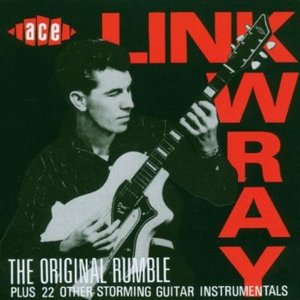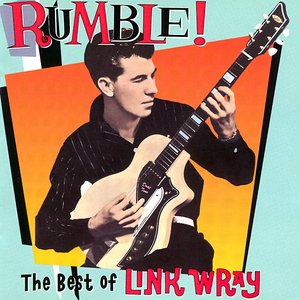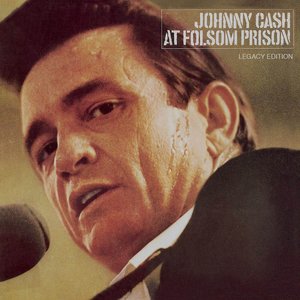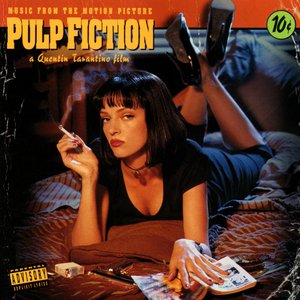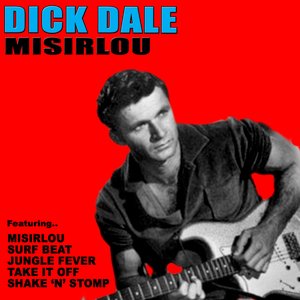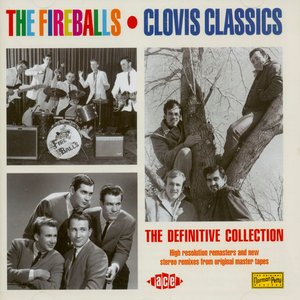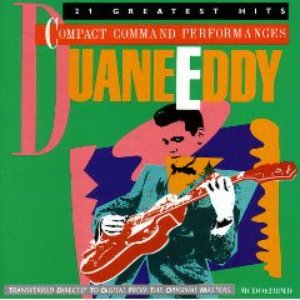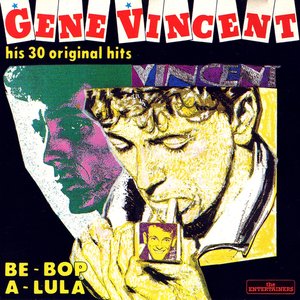Wiki
-
Length
2:20
"Rumble" is an influential rock instrumental by Link Wray & His Ray Men. Originally released in 1958, "Rumble" utilized then-unexplored techniques like distortion and feedback. It is also described as the first song to use the power chord, the major modus operandi of the modern rock guitarist.
The song is a 12-bar blues instrumental played by a combination of two electric guitars, an electric bass guitar, and drum set.
"Rumble" is melodically characterized by a descending e-minor pentatonic scale played in triplets against the straight eights chords. The scale is played in first position on the guitar and while not original to "Rumble", is a staple of blues and rock guitar playing.
At a live gig in Fredericksburg, Virginia, attempting to work up a backing for The Diamonds' "The Stroll," Link Wray and his Ray Men came up with the stately, powerful blues instrumental "Rumble," which they originally called "Oddball." The song was an instant hit with the live audience, which demanded four repeats that night.
Eventually the song came to the attention of record producer Archie Bleyer of Cadence Records, who hated it, particularly after Wray poked holes in his amplifier's speakers to make the recording sound more like the live version; however, Bleyer's stepdaughter loved it and it was released despite his protest. Phil Everly heard it and suggested the title Rumble, as it had a rough sound and said it sounded like a street fight.
It was banned in several radio markets because the term rumble was a slang term for a gang fight, and it was feared that the song's harsh sound glorified "juvenile delinquency." Nevertheless it became a huge hit, not only in the United States where it climbed to number sixteen on the charts in the summer of 1958, but also in Great Britain, where it has been cited as an influence on The Kinks and The Who, among others. Bob Dylan once even referred to it as "the best instrumental ever." Instrumentals were far more common on the Top 40 in the 1950s than in later years.
The 1980 Adam and the Ants song "Killer in the Home" (from their Kings of the Wild Frontier album) is based on the same ominous, descending three-chord glissando riff that is featured in "Rumble" (Ants' guitarist Marco Pirroni has cited Link Wray as a major influence).
The song is heard in the films The Warriors (In the deleted opening scene) Pulp Fiction, Independence Day, Blow, and It Might Get Loud.
Track descriptions on Last.fm are editable by everyone. Feel free to contribute!
All user-contributed text on this page is available under the Creative Commons Attribution-ShareAlike License; additional terms may apply.

